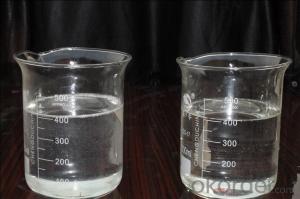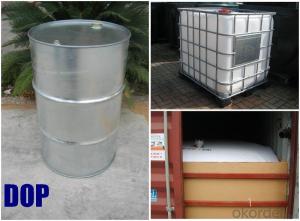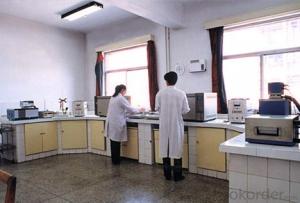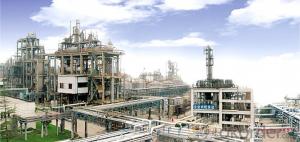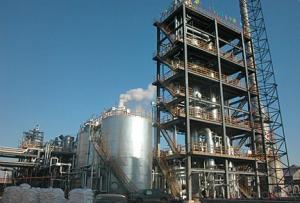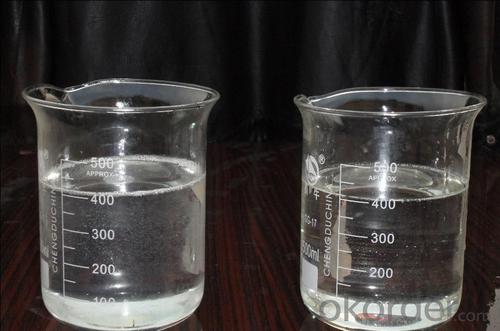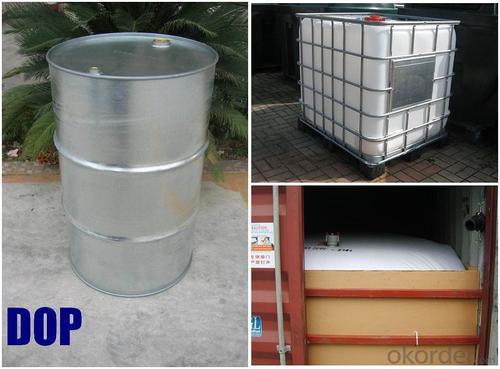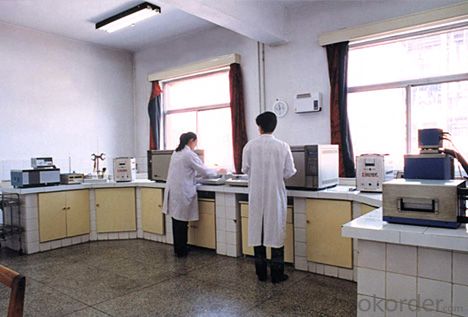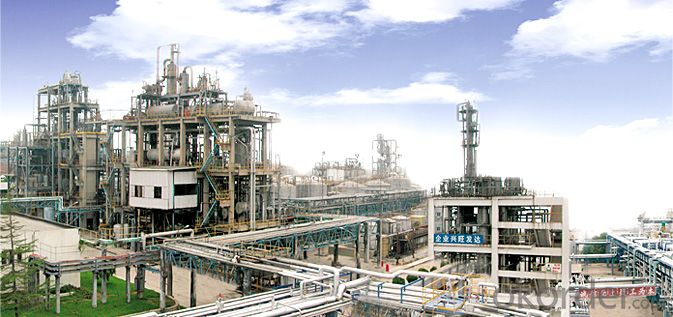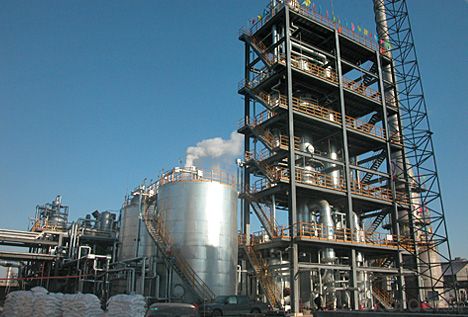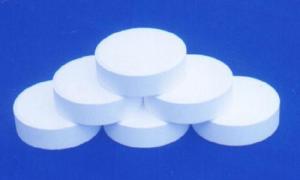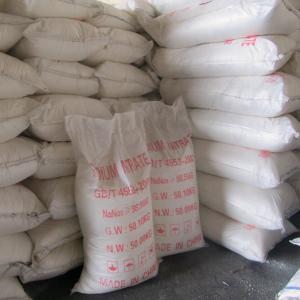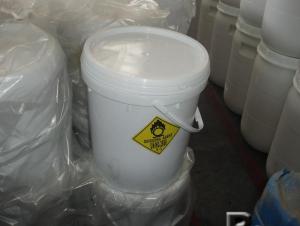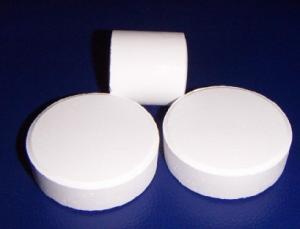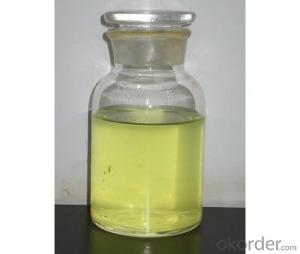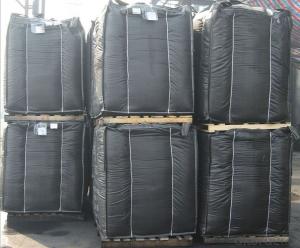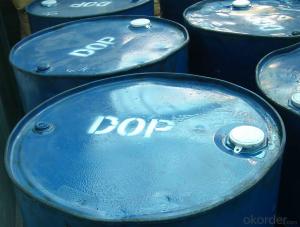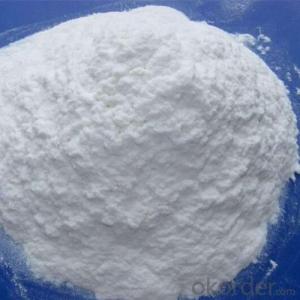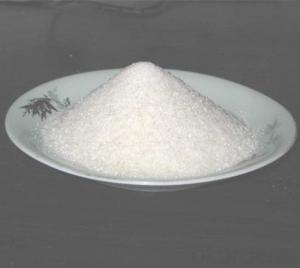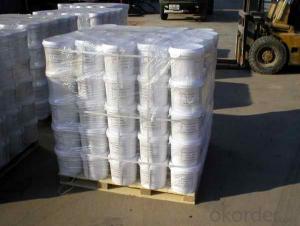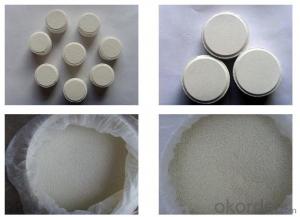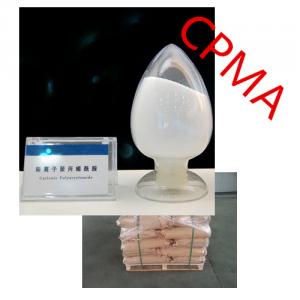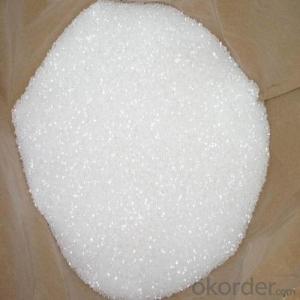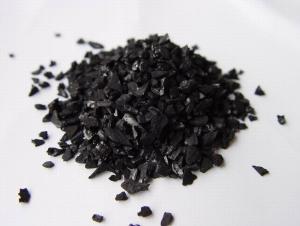C24H38O4 Content99.5% Dioctyl phthalate DOP
- Loading Port:
- Tianjin
- Payment Terms:
- TT OR LC
- Min Order Qty:
- 20 m.t.
- Supply Capability:
- 8000 m.t./month
OKorder Service Pledge
OKorder Financial Service
You Might Also Like
DOP
Molecular Formular : C24H38O4
Molecular weight : 390.57
CAS No.:117-81-7
H.S Code : 2917.3200.00
EINECS No.: 204-211-0
Characteristics : Colorless transparent oily liquid, slight odor.
Processing : Injection Moulding
Application : It is one of the most extensively used plasticizers in plastics processing. It has comprehensive properties, such as high plasticizing efficiency, low volatility, UV-resisting property, water-extracting proof, cold-resisting property, and also good softness and electric property. As a fine main plasticizer, it is extensively used in processing polyvinyl choride and ethylcellulose resins to produce plastic film, imitation leather, electric wire, cable wearer, sheet, planet, mould plastic products and. Used in nitrocellulose paints, it can make the ethylcellu lose more elastic and more strong in extracting tension. It can be used as a softening agent of synthetic rubber, such as to make the product easier to rebound and harder to undergo form change under pressure, without affecting of the plastics.
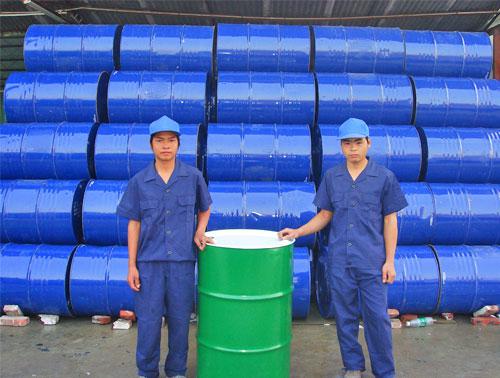
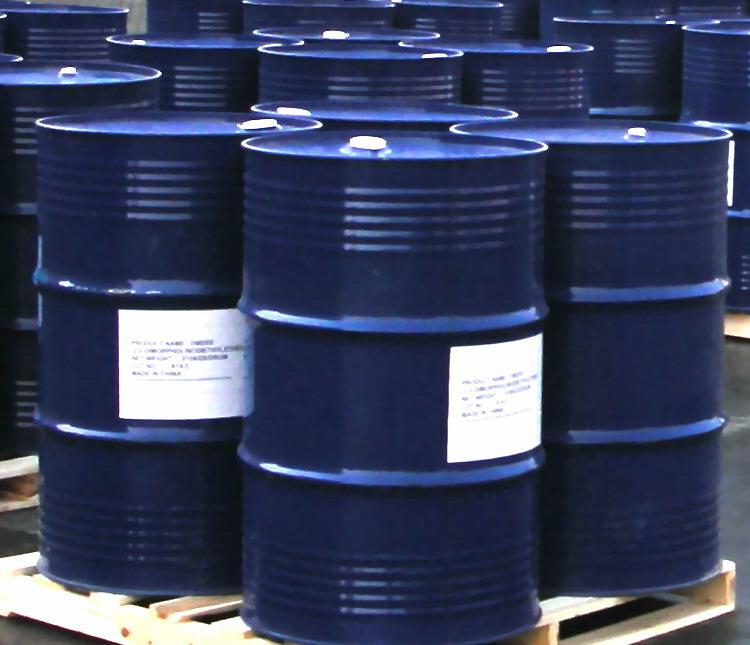
Specifications :
Quality Index | |||
Item | Value | ||
Super Grade | First Grade | Qualified Grade | |
Appearance | Oily liquid | ||
Color(APHA) ≤ | 30 | 40 | 120 |
PurityAs Ester% ≥ | 99.5 | 99.0 | 99.0 |
Acidity (benzene dicarbonic acid)g/cm | 0.01 | 0.015 | 0.03 |
Loss on dry (125oC3hr)%≤ | 0.2 | 0.3 | 0.5 |
Flash point(open)oC ≥ | 195 | 192 | 190 |
Density20,g/cm3 | 0.982-0.988 | ||
Volume Resistivity ΩM ≥ | 1.5×1011 | ||
Heat decrement % ≤ | 0.2 | 0.3 | 0.5 |
Water content,% ≤ | 0.1 | 0.15 | 0.15 |
Package and Storage :
Packed in 200KG/Galvanized Iron Drum or 1000kg/ISO TANK or flexibag container
Stored at dry,shady,ventilated place. Prevented from collision and sunrays,rain-attack during handling and shipping. Met the high hot and clear fire or contact the oxidizing agent,caused the burning danger.
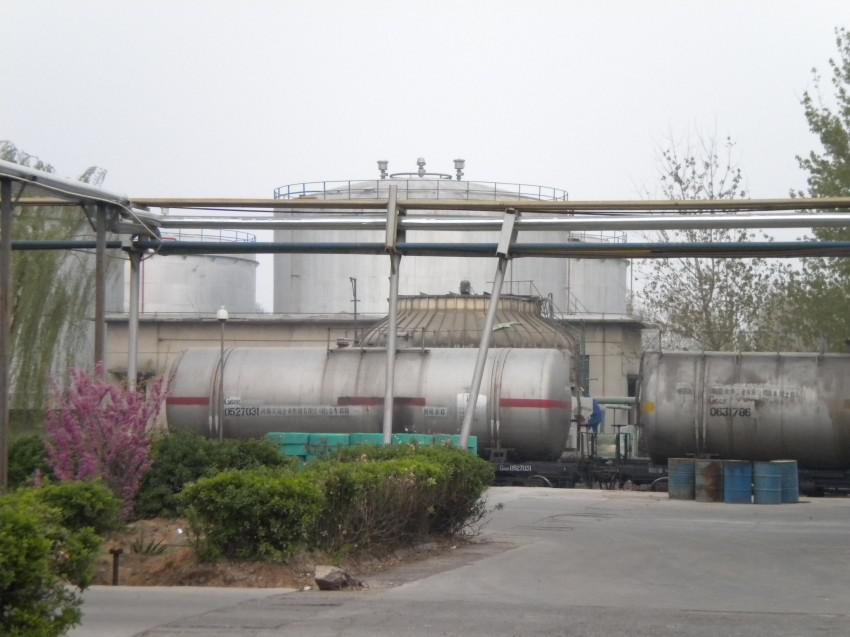
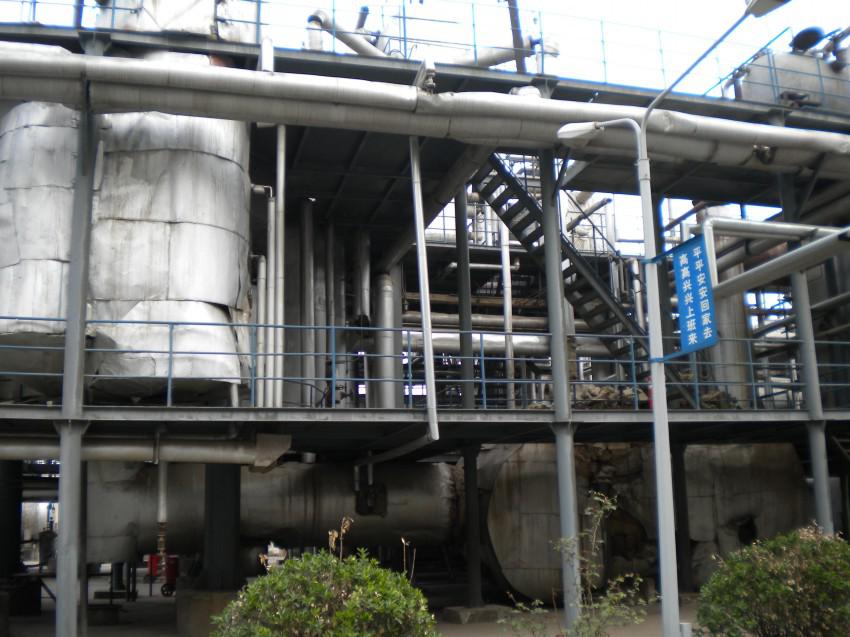
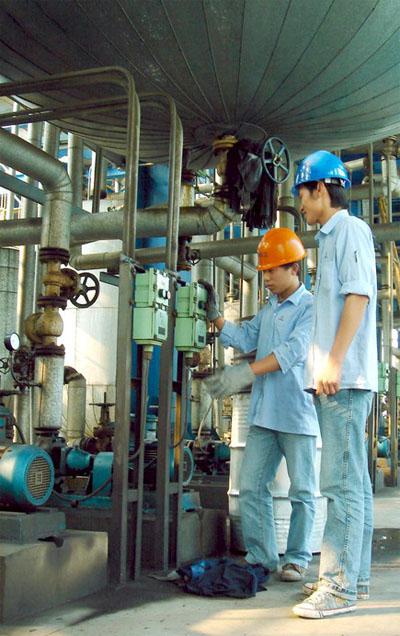
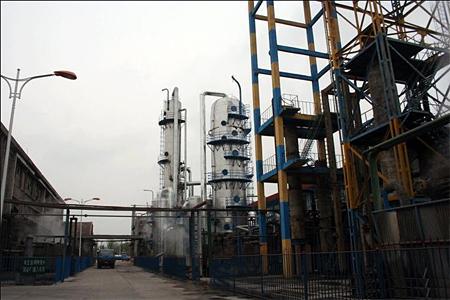
- Q: When there is a catalyst in the chemical equation, it is not necessary to match the atoms of the catalyst
- No, the catalyst is written above the equal sign, not the reactants, nor the product
- Q: How are the 4 characteristics of a catalyst (1. organic or inorganic 2. reusable 3. Highly specific, and 4. lowers activation energy) important in preforming life functions? please be as specific as possible, i understand that these are characteristic, i just don't understand why they're beneficial, other than the reusable and lowers activation energy one.
- Organic or Inorganic - the catalyst (enzyme) must be organic to be found in the cell. Catalysts speed up chemical reactions inside a cell and must therefore be organic to be a functioning part of the cell. Reusable - There are so many reactions that catalysts are involved in that it would be a waste for the cell if a catalyst could only last one reaction, especially if there are inhibitors and competition for the active site. Catalysts must be reusable in order to keep the cell functioning. Catalysts always remain unchanged after a reaction. HIihly Specific - Catalysts are only made to catalyze one specific chemical reaction. Their active site has proteins bonded in such a way that only certain elements can enter the active site and H bond with those proteins. The fact that they are highly specific maximizes the productiveness of the cell. And it ensures that the cell only has catalysts to reactions that it needs to be completed. It also ensures that the elements are correctly bonded with eachother. If any two elements could enter the active site, there is no guarantee that the correct product will be produced. Catalysts and Enzymes must be super highly specific in order to properly function. Lowers Activation Energy - The more energy a cell has to spend to catalye a reaction, the worse it is for the cell and the less ATP is has for other reactions. Catalyts hold the substrates together so there is less energy that is needed to have the two substrates react with eachother. Activation Energy is the energy that is needed to start a reaction. So the less energy used by the cell for reactions, the better for the cell. Hope this helps
- Q: The concept of catalyst in high school chemistry
- The catalyst is selective, that is, a catalyst that catalyzes only one or more chemical reactions and does not catalyze all chemical reactions. However, a chemical reaction of the catalyst may be a variety of, such as hydrogen peroxide to produce oxygen in the reaction, in addition to the use of manganese dioxide as a catalyst, you can also use copper oxide, iron oxide as a catalyst. Building on the use of cement, red brick powder also catalyze the decomposition of hydrogen peroxide.
- Q: Chemistry why the catalyst can be equal to speed up the positive reaction rate
- Since the catalyst only changes the activation energy and the amount of reactivity can be reduced, the amount of reaction energy is also reduced. Therefore, a positive catalyst is also a good catalyst for its reaction. Speed up the same multiple.
- Q: What is the difference between electrocatalysis and general chemical catalysis?
- General chemical catalysis is a catalyst, and electrocatalysis also need to be carried out under the conditions of the electric field
- Q: Where are they good catalysts and why?? THanks!
- A catalyst is a substance that speeds up a chemical reaction by providing an alternate reaction pathway with a lower activation energy. Catalysts appear not to take part in the reaction. Frequently, catalysts are not very reactive. Acids and bases, on the other hand, are very reactive. Acids (as H+) and bases ( as OH-) sometimes function as catalysts in some organic reactions. They appear to be catalysts because in the course of the mechanism H+ or OH- is regenerated.
- Q: Is it possible for the different chemical reactions to have the same catalyst?
- Right, think about the catalysis of biological enzymes
- Q: Manganese dioxide can be used as a catalyst for various chemical reactions
- The reactor may be a reactant,
- Q: Will the catalyst decompose during the reaction between two substances? Exp:the decomposition of hydrogen peroxide.Will the manganese 4 oxide decompose?
- Catalysts are not used/destroyed in any reactions, it merely speeds up the process by lowering the reaction activation energy. It functions by being able to weaken or break the required bonds necessary in the chemical reaction (thus lowering activation energy) through temporary and weak bonding to form a complex. In this case the H2O2 molecule will bind with the MnO2 molecule due to the complimentary sites (thus forming a complex) to weaken the bonds for decomposition, but after decomposition the products (oxygen and water molecules) break off from the catalyst (as there are no more complementary sites with them) thus the catalyst will not be destroyed.
Send your message to us
C24H38O4 Content99.5% Dioctyl phthalate DOP
- Loading Port:
- Tianjin
- Payment Terms:
- TT OR LC
- Min Order Qty:
- 20 m.t.
- Supply Capability:
- 8000 m.t./month
OKorder Service Pledge
OKorder Financial Service
Similar products
Hot products
Hot Searches
Related keywords
